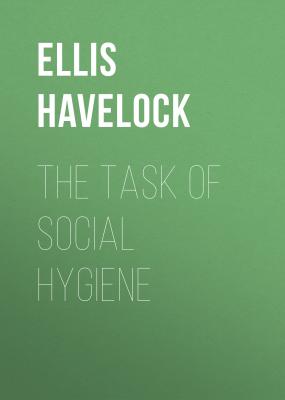were at least two forms of medieval romantic love. The first arose in Provence and northern Italy during the twelfth century, and spread to Germany as
Minnedienst. In this form the young knights directed their respectful and adoring devotion to a high-born married woman who chose one of them as her own cavalier, to do her service and reverence, the two vowing devotion to each other until death. It was a part of this amorous code that there could not be love between husband and wife, and it was counted a mark of low breeding for a husband to challenge his wife's right to her young knight's services, though sometimes we are told the husband risked this reproach, occasionally with tragic results. This mode of love, after being eloquently sung and practised by the troubadours—usually, it appears, younger sons of noble houses—died out in the place of its origin, but it had been introduced into Spain, and the Spaniards reintroduced it into Italy when they acquired the kingdom of Naples; in Italy it was conventionalized into the firmly rooted institution of the
cavaliere servente. From the standpoint of a strict morality, the institution was obviously open to question. But we can scarcely fail to see that at its origin it possessed, even if unconsciously, a quasi-religious warrant in the worship of the Holy Mother, and we have to recognize that, notwithstanding its questionable shape, it was really an effort to attain a purer and more ideal relationship than was possible in a rough and warlike age which placed the wife in subordination to her husband. A tender devotion that inspired poetry, an unalloyed respect that approached reverence, vows that were based on equal freedom and independence on both sides—these were possibilities which the men and women of that age felt to be incompatible with marriage as they knew it.
